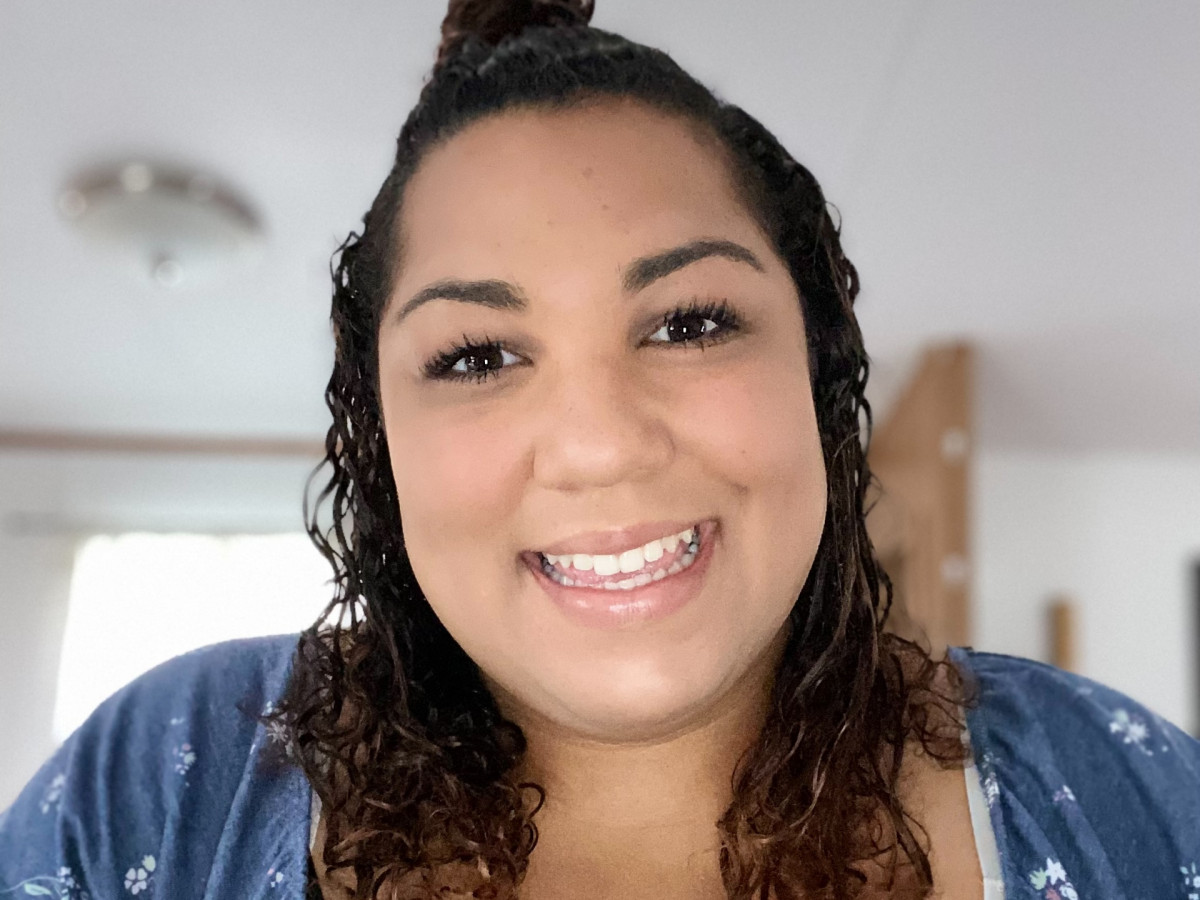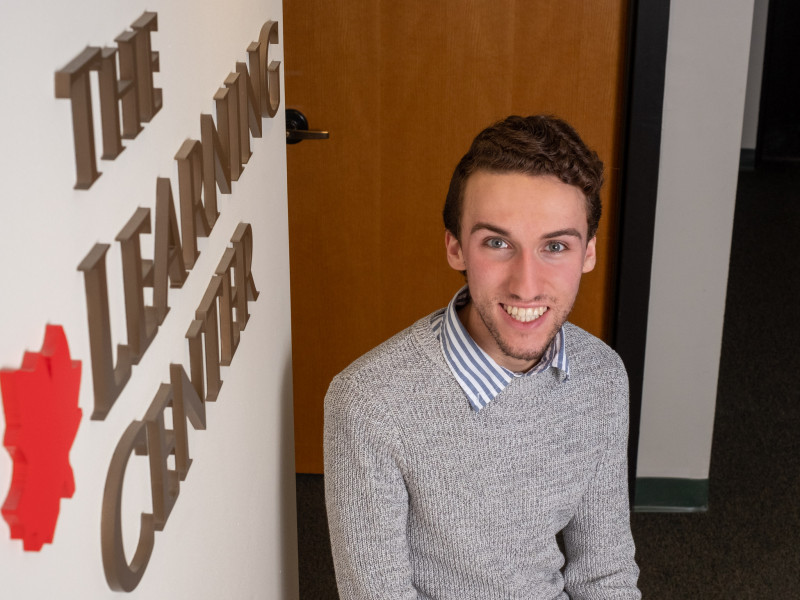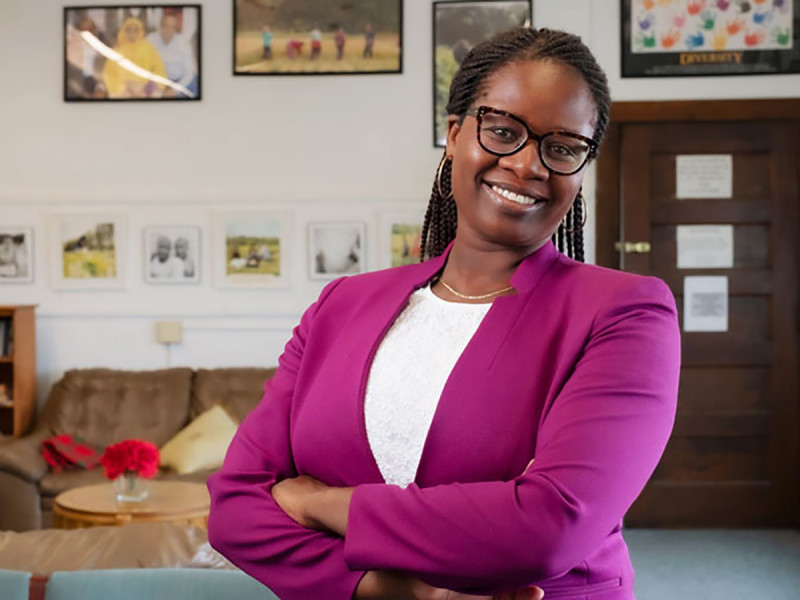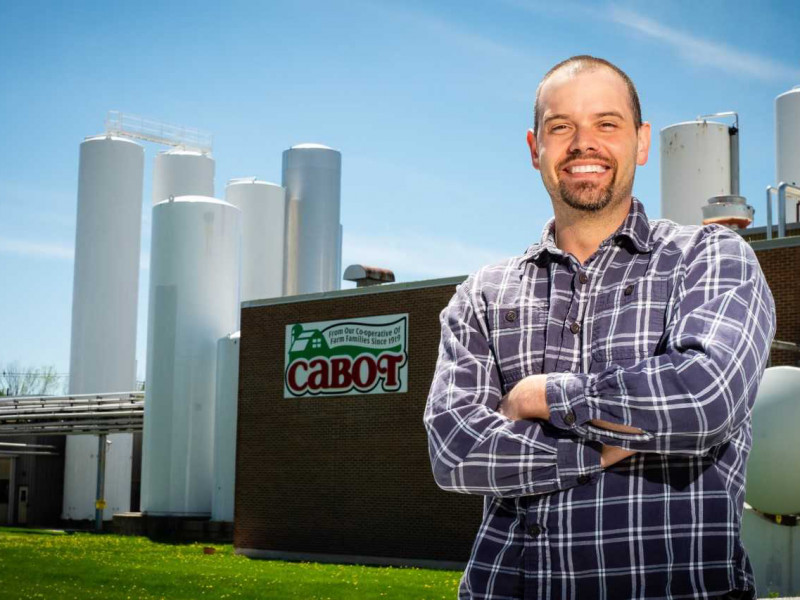
At the Community College of Vermont, student success is a priority for staff and faculty. Students like Amanda Reid also share this goal. “I’ve always been a people person. Helping people has always been my thing,” she said. As a community health worker at a doctor’s office, Amanda is able to help people with social and economic needs, and now at CCV she is stepping into a complementary role through the new Life Gap Plus program that allows her to help students within the CCV community.
Life Gap Plus is a new CCV program designed to connect students with a wide range of resources, from food assistance to child care, that can help them be more successful in school. This program started in response to a fall 2020 survey among CCV students, which revealed that 61% of survey participants had experienced at least one form of basic needs insecurity during the pandemic, while only 13% of those students used emergency financial aid.
The Life Gap Plus program brings together multiple student supports, including the Life Gap Grant. Students can apply for Life Gap Grants in times of urgent, unexpected need to receive just-in-time scholarships to help them get through life’s challenges. Grant recipients are able to receive financial assistance for anything from a new laptop to complete online classes, to a new tire to replace a flat, to money for a utility bill. Both the Life Gap Grant and new Life Gap Plus program are funded with generous support from private donors.
“With the Life Gap Grant, we wanted to create a solution for students facing emergencies that could derail their education,” said Ryan Dulude, CCV’s director of financial aid. “Through Life Gap Plus, we’re taking that a step further. With the help of our partners around the state, we’re providing resources so students either don’t encounter that emergency in the first place or have some ready-made resources to help navigate an emergency more successfully while staying engaged toward their educational goals.”
Another important element of Life Gap Plus is an effort to make resources more visible and more accessible. Newly established Student Resource Centers (SRCs) in CCV’s Montpelier, Winooski, Brattleboro, and Rutland academic centers provide a physical space for students to access information and support services. Additionally, through partnerships with food assistance organizations, direct support is offered for any student who needs a space to make food or pick up food items.
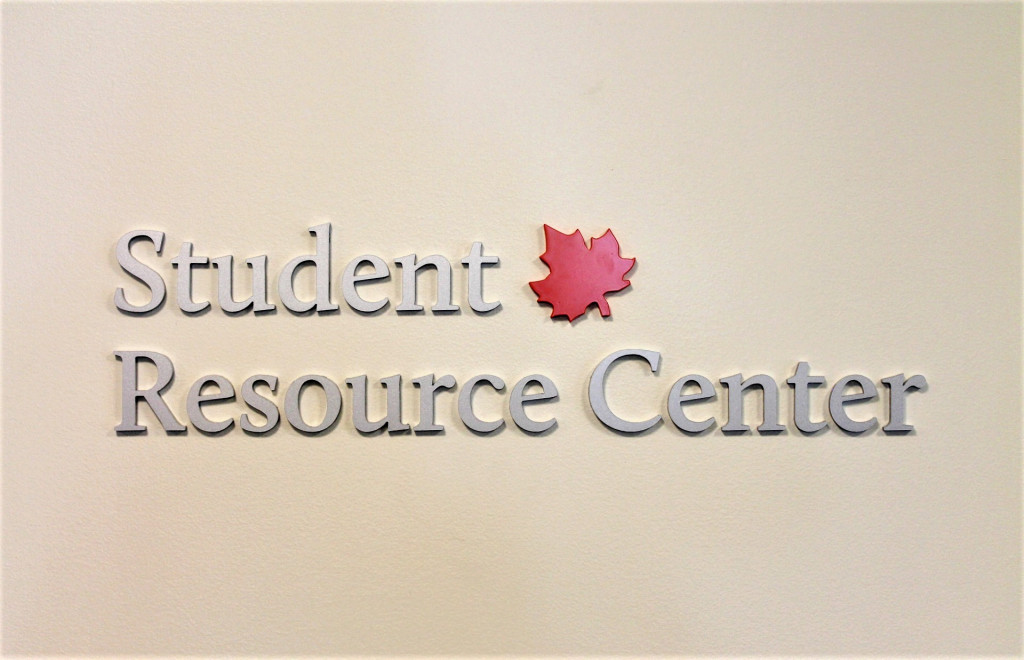
Amanda is involved in a third feature of the program: student ambassadors, who are charged with providing peer-to-peer outreach around eligibility for food assistance through 3SquaresVT. Amanda is one of the program’s first student ambassadors and is based out of CCV-Winooski’s SRC. She encourages students to reach out to her via email for support. “They’re not alone. This is something that everybody endures,” she says of life’s challenges. “It’s just not talked about. It’s important that [students] reach out.” United Way Working Bridges Resource Coordinators are also available to connect students with food, housing, child care, transportation, and other resources.
CCV’s new Life Gap Plus program expands on existing partnerships with community organizations, such as United Way and Feeding Chittenden, to eliminate barriers to student success. “It’s so based in reality,” shared Life Gap Grant donors Bill and Kate Schubart. “One of the unique aspects of CCV is that it is designing a higher education system for everybody, not just for those who can afford it…that design acknowledges the fact that affording college is not just about tuition, it’s about affording life. And if you can’t afford life as it confronts you, you can’t continue an education.”
Visit ccv.edu/student-resources to learn more about the Life Gap Plus program or contact a financial aid counselor today to receive assistance.
Visit ccv.edu/donate to contribute to the Life Gap Grant.

